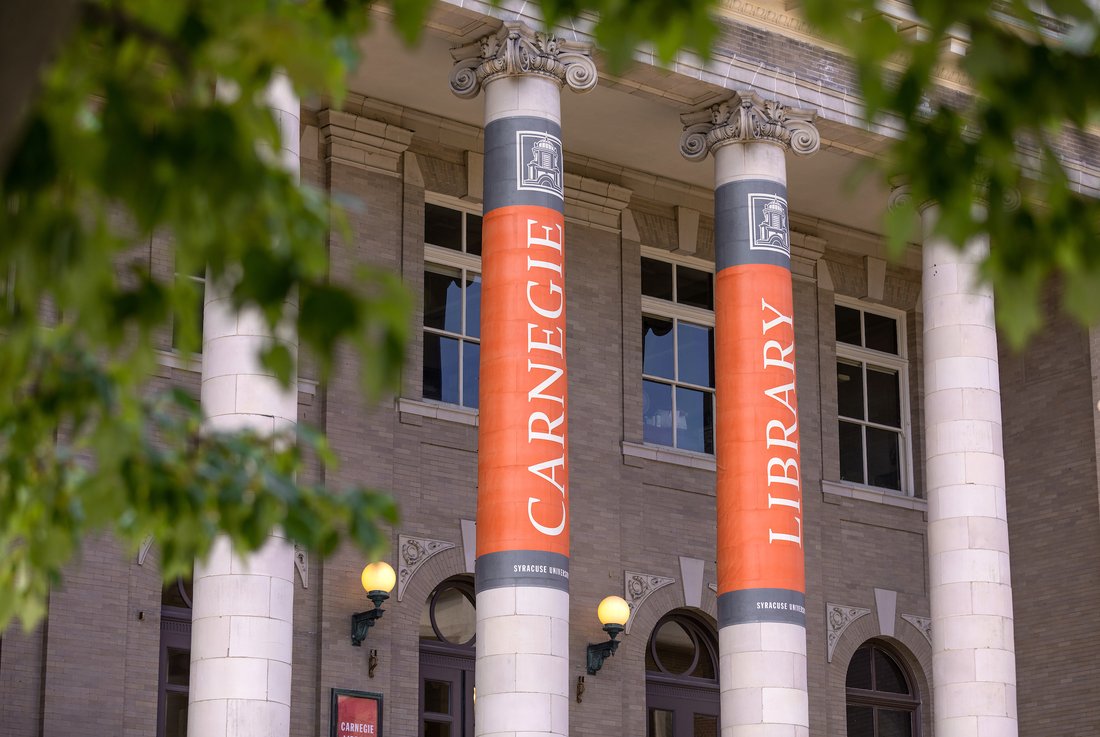
College of Arts and Sciences
Curriculum
After doing preliminary coursework in elementary probability and statistics, calculus, linear algebra and statistical computing, you’ll take required upper-level statistics courses. Additionally, you’ll select from upper-division course options to complete the statistics program, choosing the courses that are most interesting to you.
- Demonstrate facility with the basic mathematics techniques used in statistical theory and applications.
- Effectively communicate statistical ideas.
- Manipulate and summarize data efficiently and effectively.
- Formulate statistical models and perform statistical inferences using fundamental concepts and principles of statistics.
- Conduct data analysis using various statistical methods and summarize findings.
- Demonstrate advanced knowledge and skills in statistical computing.
- Demonstrate advanced knowledge and skills in statistical modeling and applications.
The B.A. degree in statistics is recommended for students who intend to pursue a career in a field that requires quantitative training with an emphasis in statistics. Often, these students go on to work in fields that value statistical skills but are not entirely dependent on statistical analysis, modeling and other areas.
Alternatively, the B.S. in statistics is recommended for students who intend to pursue a career in a field that requires rigorous and in-depth statistical training. The B.S. program equips students with a solid understanding of statistical concepts and methods and strong data analysis skills.
The B.A. and B.S. also differ in their flexibility. Because of its flexible curriculum, the B.A. works well for students who wish to combine their statistics major with other major(s). The B.S. can also be combined with other majors, but this may take additional planning/advice from faculty and professional advisors.
- Statistical Computing
- Analysis of Variance and Experimental Design
- Fundamentals of Data Science
- Regression Analysis
- Introduction to Bayesian Statistics
Extracurricular Opportunities
Pi Mu Epsilon
Pi Mu Epsilon is the national mathematics honorary society. Founded in 1914 at Syracuse University, PME currently has over 350 chapters at colleges and universities throughout the United States. The purpose of the society is to promote mathematical activities among students.
Directed Reading Program
The Directed Reading Program pairs undergraduate students with graduate mentors for a semester-long reading project.
Research Areas
In the Department of Mathematics, you’ll learn from and have the opportunity to conduct research alongside faculty with expertise across a range of areas. Current research groups focus on algebra, analysis, applied mathematics, combinatorics, geometry, topology, mathematics education, probability and statistics.
Learn more about this program

